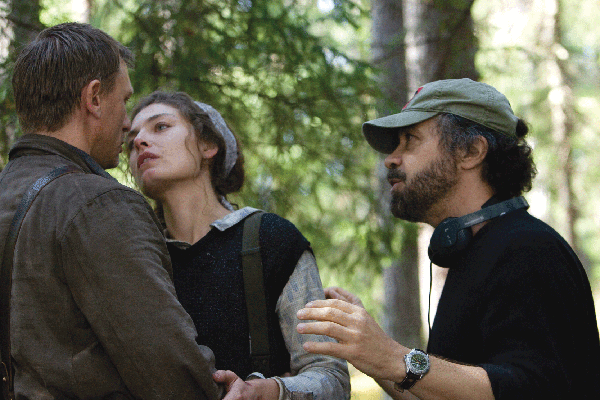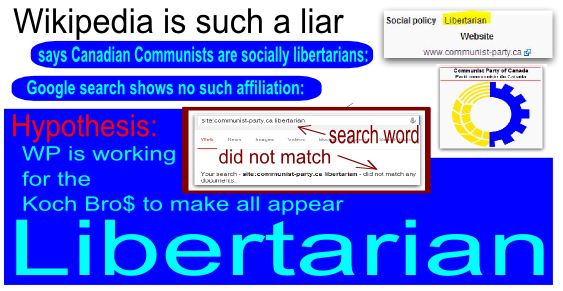Billed as a violent thriller, the defiance enemy soldiers by loyal brothers, it delivers as advertised, and more, taking off right from the opening credits with the killing of family, family vengeance, and all-out world war.But as it happens, Defiance is much more. Not advertised is that Defiance is the true story of the Jewish Bielski brothers who operated extremely effectively as anti-Nazi partisans (historically true), and saved many Jews as Schindler did, not as refugees--as surviving natives of the forest they hid, and thrived, in.
The plot is simple: Tuvia (Daniel Craig) arrives home to find that collaborating police have killed his parents. He and his brothers move into the forest they know very well and accidentally create a community of Jews who, rather than being victims, become an effective if tiny combat force. There are many levels of drama in the movie, but the most significant is between Tuvia and his brother, Zus (Liev Schreiber), whose love/hate relationship makes them nearly as combative with each other as they are with the Nazi enemy.

Daniel Craig and Liev Schreiber
The brothers fight each other one last time, and Zus, the more hawkish of the two, takes the best soldiers of the community to join a Soviet guerrilla force. Tuvia, a brilliant tactician, remains to lead and protect the community against insurmountable odds with minimal causalities. With the arrival of a major Nazi force, the Soviets retreat (cowards!), and the community is attacked and forced into a swamp that is compared (quite sentimentally) to the Red Sea. Zus and his fighters rejoin the community just in time--to the extreme relief of both the community and the audience!

I don't mean this as a spoiler, but as an in-road into the history of WWII: the just, if complicated war. I, as a pacifist, believe WWII was necessary.
Defiance also shows the military strategy that so has effectively defeated invaders through history, and especially in Vietnam: digging into the woods and living, literally, underground.
But most important, Defiance brings up the major ironies of the Second World War, and shows us how this irony still influences our lives today. Zus, when rejoining his brother after fighting with the Soviets, states it flatly: "Nazi, Soviet, Zionist, same thing."
While exposing us to the irony of this war, Defiance unintentionally makes us look at the issues surrounding the endless pogroms that occurred in Europe, not only to Jews, but an endless number of groups. The Bielski brothers were in fact traitors of a sort.
Completely based on reality, with minimal flights of cinematic fantasy, the family, according to the Wikipedia, fought the Nazis by with the Soviets who had invaded their region as part of an invasion of Poland. Not only did a few of the brothers fight for the Soviets, the family worked as low-level administrators for the Soviet occupiers. The Jews of the region, in fact, wholly supported the Soviet invasion, which resulted in the extermination of the Polish intelligentsia by Soviet partisans in the Katyn Forest with the full approval of the Soviet Politburo. The Bielskis have been accused of complicity with the Soviet invasion of Poland--and in fact, the movie is set in the Katyn forest.
The Bielskis brothers are unquestionably heros of the first order, making the sacrifices necessary not only to survive, but to thrive. But the holes created by the historical expediences taken by movie's maker, Edward Zwick, (and perhaps the story's author, Nechama Tec) are actually heightened by many of the characters statements, especially Zus' comparison of Zionism, Nazism, and Sovietism. The Bielskis never sought credit for their efforts, but then maybe there is a reason for this--their necessary but regrettable cooperation with the predatory Soviets.
From the military perspective, I writhed in frustration at some of the Bielski's strategic missteps. But as it happens, these were cinematic fantasy; in reality both brothers were experienced fighters, and adapted perfectly to the needs of forest survival. And they survived immigration to the US to found a trucking firm!
Get and enjoy this movie, know that it is often violently tragic (and a little long) but that it ends happily. Take it to the Net--learn about how it REALLY goes down in war and in war's aftermath!
Further reading:
- Bielski Brothers: http://en.wikipedia.org/wiki/Bielski_partisans
- Katyn massacre: http://en.wikipedia.org/wiki/Katyn_Massacre
- A pro-Soviet (?!?!) review of the Defiance: http://www.northstarcompass.org/nsc0907/defiance.htm


